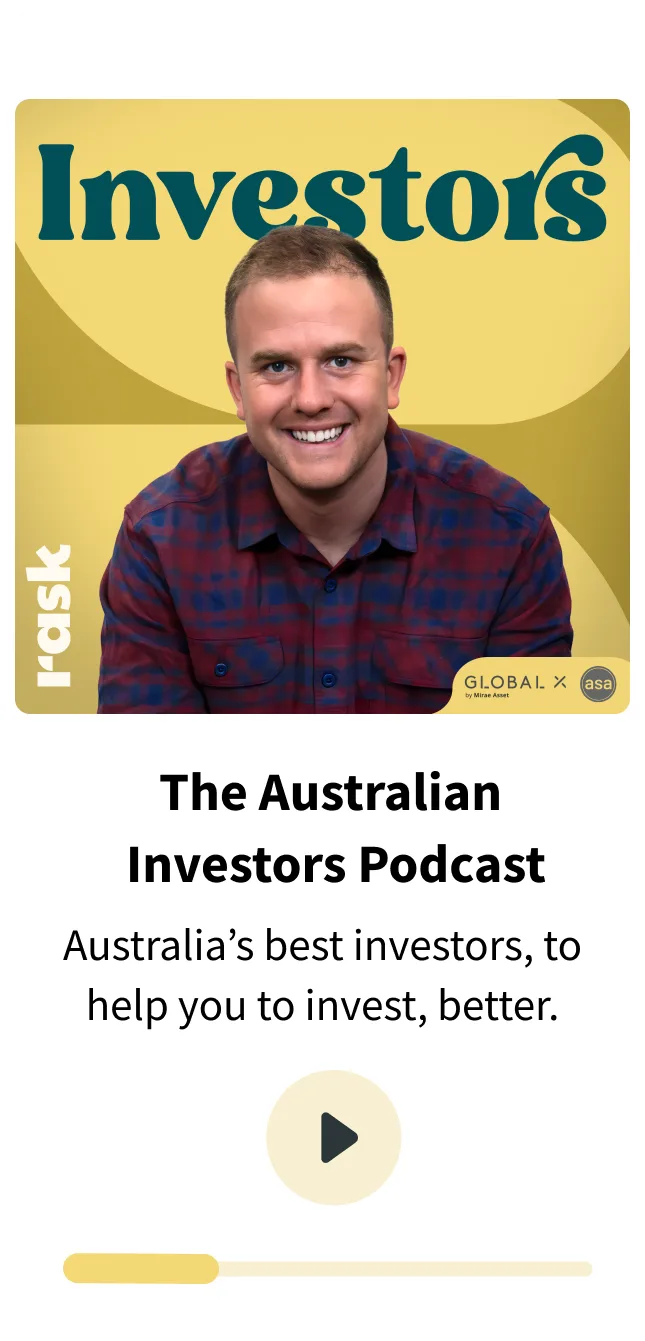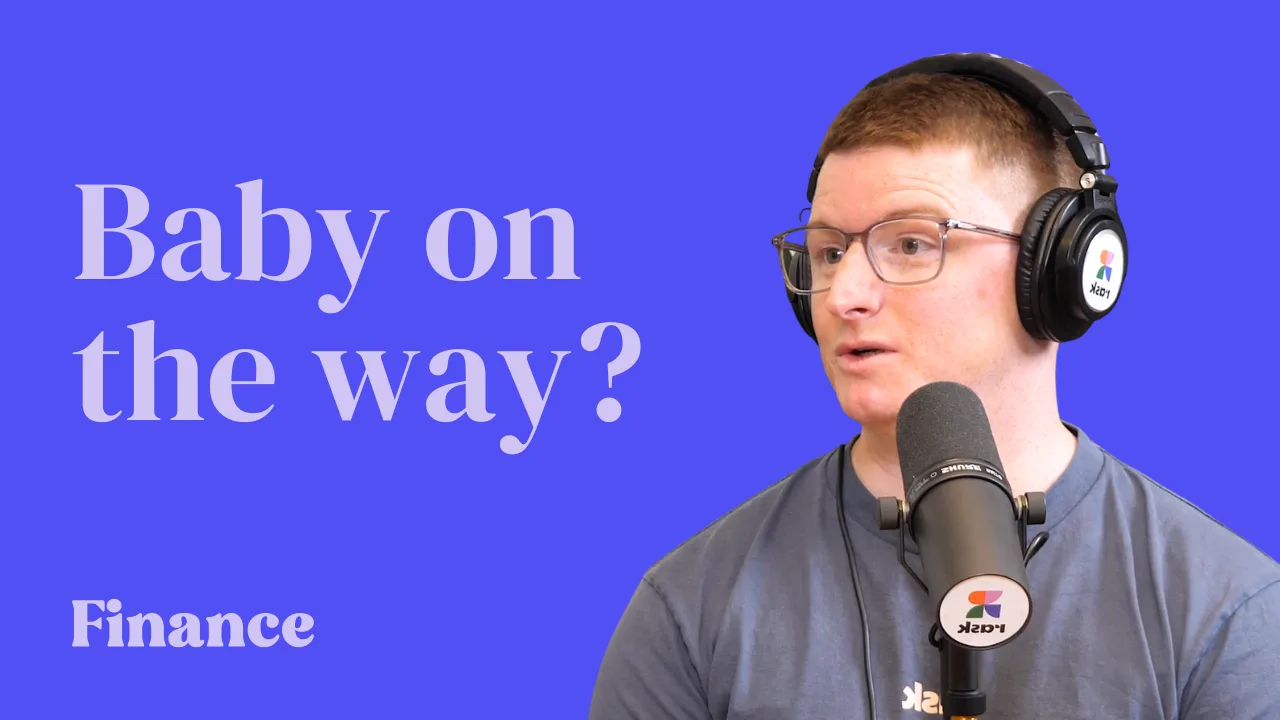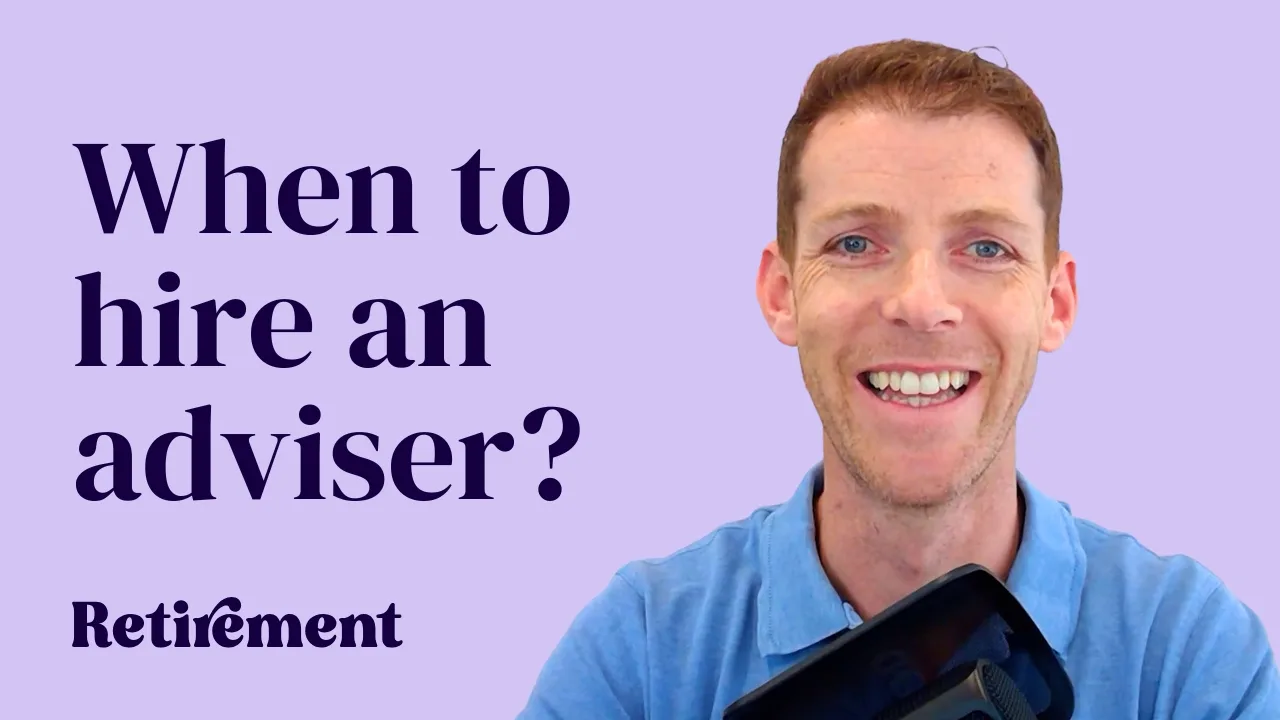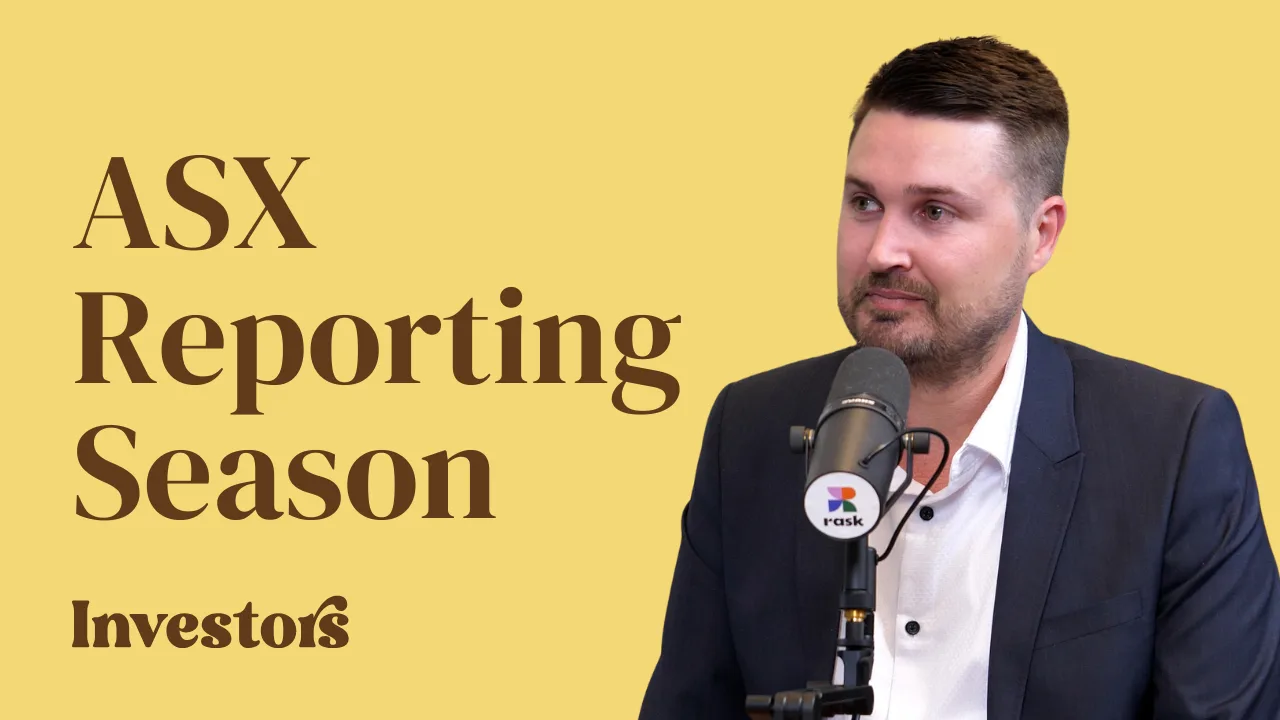Steve Sammartino is Australia’s leading futurist. He recently joined me for an in-depth discussion on starting and running a tech business, artificial intelligence, farming and philosophy.
Steve is one of the world’s most engaging and thought-provoking keynote speakers on the future of technology, entrepreneurship and marketing.
He has spoken to over 500,000 people in audiences around the world, including Asia, India, Europe, Africa, the USA and is a regular in China.
In this two-hour episode, Steve and I discuss:
- Steve’s model for predicting the future
- Artificial intelligence (AI) and large language models
- Why everyone in business is faking it
- The perception and reality of business and investing
- General intelligence versus superintelligence
- Why Steve thinks Tesla (NASDAQ: TSLA) is overvalued
- Human-computer interaction and where we could go from there
You’ll LOVE this Australian Investors Podcast episode if you are in any way interested, invested or impacted by technology in business; want to discover what happens when evolution meets innovation, or develop a better framework for predicting the future.
Please note: from July 2023 onward, I made a big decision to transition almost all future episodes on The Australian Investors Podcast to long-form (1-2+ hour) podcasts, in order to dive deeper and extract more insights. Let us know what you think.
Podcast talking points with Steve Sammartino
Steve, to kick things off, let’s jump into the deep end. I watched a tiktok video not too long ago where you said, “The perception of the rooms you’re in, changes where people think you’re at.” Can you talk us through this observation, what happened and what it made you reflect on insofar as how to change your life?
@stevesammartino
Is it possible to tell if a founder, CEO or [insert anyone] is faking it? (I’m specifically referencing this from 2014).
“The thing is that we are all faking it, even when we are regarded as an expert in our field. None of us really know anything with absolute certainty. We guess, we estimate, we take a chance, we copy others and we just forge ahead.”
To share a bit about you and set the scene for listeners or viewers, I’ve heard that you started your first business at something like 10 and began learning to code at 12. What was a young Steve doing, experiencing, building and thinking about?
- Did you have any mentors?
- Did you read any books which influenced you?
- What 2-3 life lessons helped to later shape your careers?
- Chickens, clothing companies, Rentoid, etc. similarities between farming and investing.
- Maybe you could talk about the up until the sale of Rentoid and lessons learned?
When all is said and done, what do you believe businesses are for? Why do they exist?
If you were starting out from scratch today, would you seek out venture funding?
I know you spend a lot of your time thinking about the intersection of anthropology, technology and economics. I’m very curious to understand the major rocks, methods, frameworks or models you take from anthropology and how you apply them?
LLM is impressive because of its ability to jump sideways and leads you to believe that we will achieve AGI. Can you talk us through the genesis of LLMs, how we got here so to speak, the challenges they’re facing now or have overcome, the implications you believe they have for businesses and investors?
What is the hurdle our current models face in achieving an AGI-type outcome?
How would the arrival of an Artificial General Intelligence engine change the paradigm? In what ways do you believe we would see noticeable change, as consumers, business owners or investors?
When it comes to an individual setting out today. Everything seems so fluid. What’s your advice to younger people today, looking to create a career of strategy for themselves long into the future?
Outside of AI and the idea that it could drastically change every part of our life, are there other technologies or trends that are capturing a lot of your attention? Carbon, wearable technologies, Neuralink, etc.
One of the most fascinating things you talk about often is the projects you work on. You spoke previously about the famous Lego car, which is worth repeating, but many others that are downright fascinating. Can you spend 5-10 minutes taking us through this and why you did them?
Finally, two philosophical questions:
- If you go back and tell yourself one thing, what would it be?
- What’s one thing you believe that few people agree with you on?







